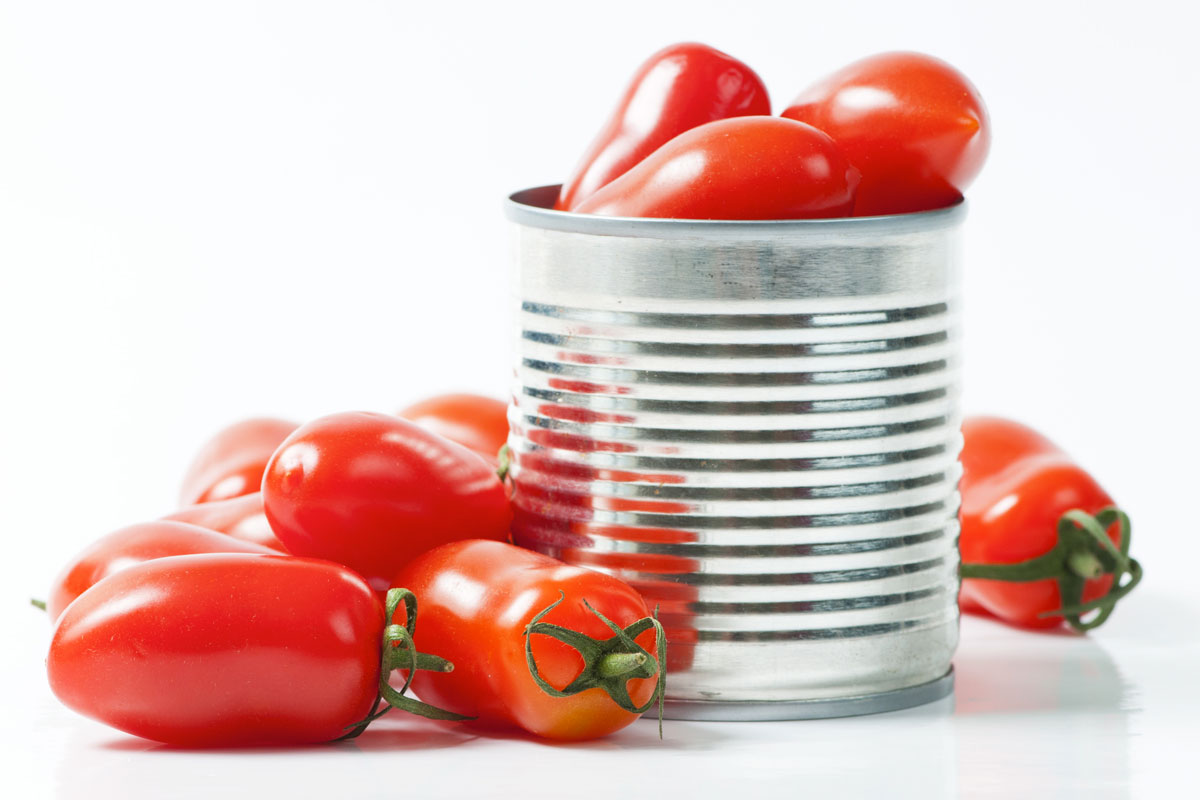
Brussels must enforce tariffs on imports of cheap Chinese tomato imports to “preserve the dignity of Italian produce”, the boss of tinned food giant Francesco Mutti has said. Mutti told the Financial Times: “The goal is to give tomatoes their dignity, to take a product that has often been considered a commodity and say: no – tomatoes count. We should stop the import of tomato paste from China or add a 60% tax on it so that its cost will not be so different from Italy’s.”
Italy is the world’s third-largest producer of shelf-stable tomatoes behind China and the US – with the former accounting for nearly 23pc of global production, according to the World Processing Tomato Council.
In 2021, the US banned tomato products from China’s Xinjiang region because of concerns that forced labor could have been used in their production. Human rights groups have warned over China’s treatment of the Uyghur Muslim population, of which hundreds of thousands of people are reported to have been detained and forced to work in manufacturing and food production. China has repeatedly denied allegations of using forced labor.
In May, Italian farmers sent a flotilla of small boats to Salerno (Campania) to protest against a delivery of many tonnes of Chinese tomato concentrate. As well as calls for a clampdown, producers have urged lawmakers to introduce tighter food labeling regulations so customers can be assured about the provenance of processed tomato products.
The 125-year-old Mutti was founded in Parma by Marcellino Mutti, Mr Mutti’s great-grandfather. Today, it is stocked across many countries, turning over €665m in revenues in its last financial year. It has embarked on an ambitious expansion into the UK, opening a British subsidiary earlier this year in a bid to capitalize on growing sales in the major supermarkets.
